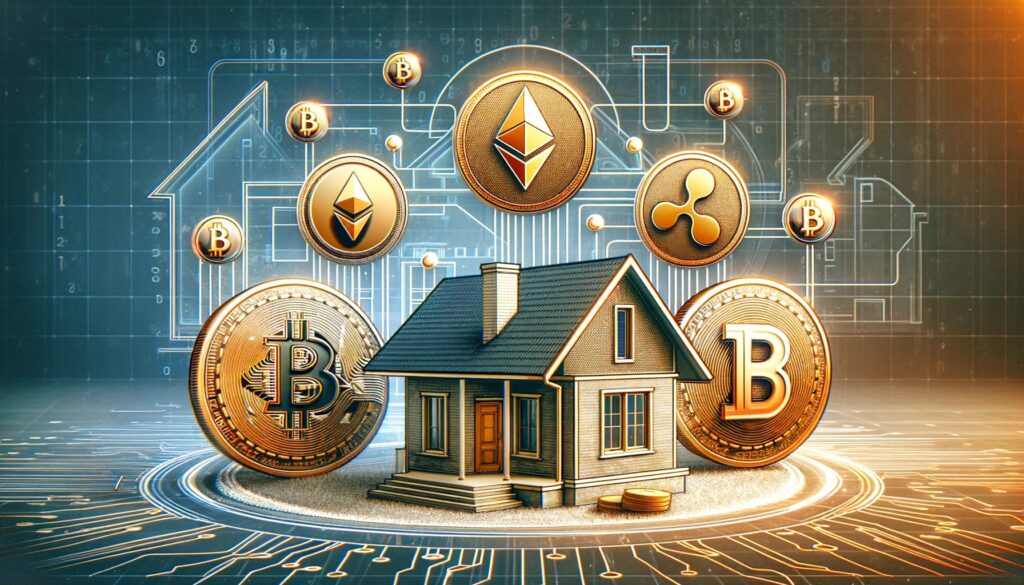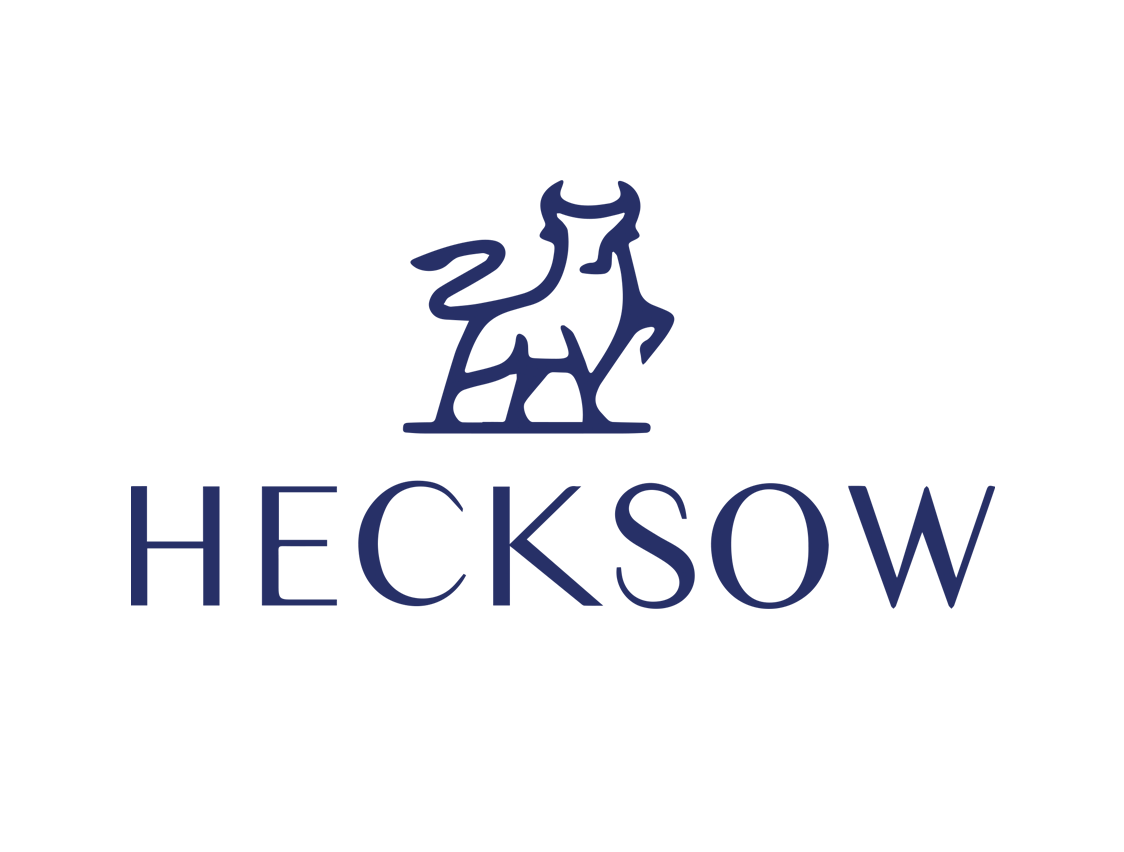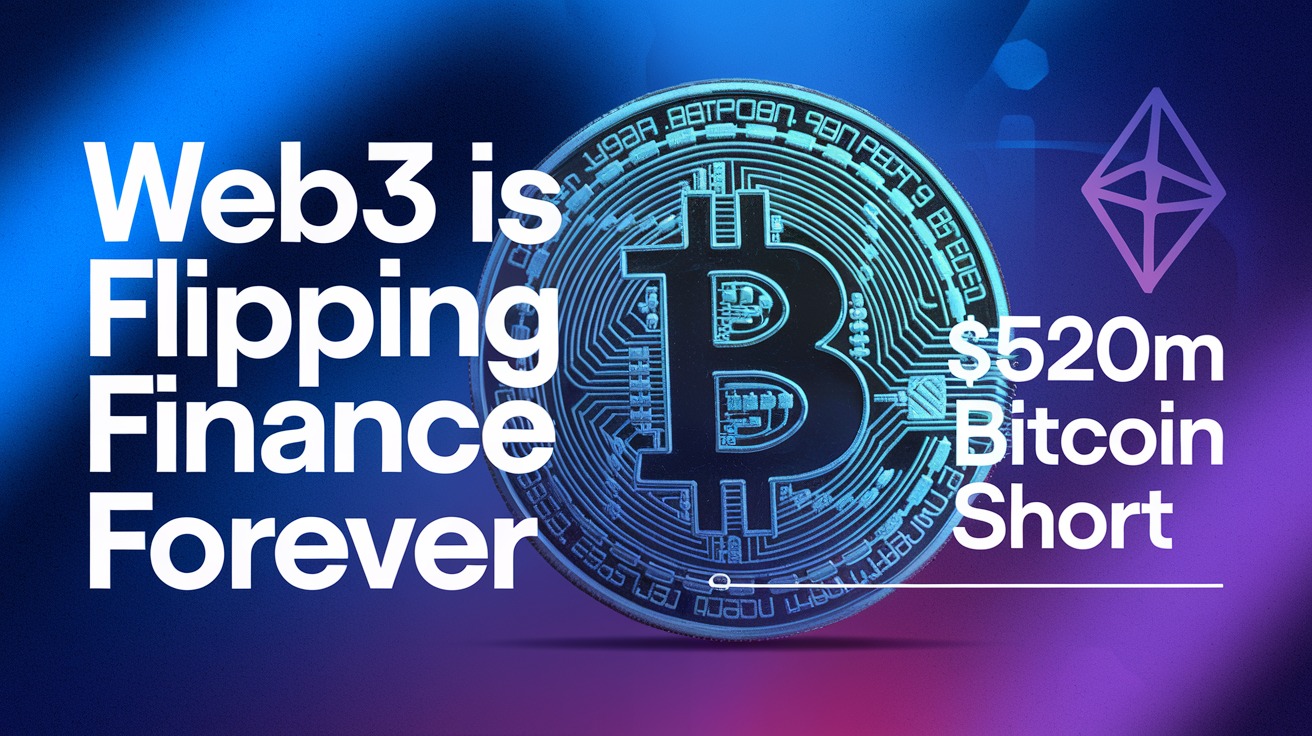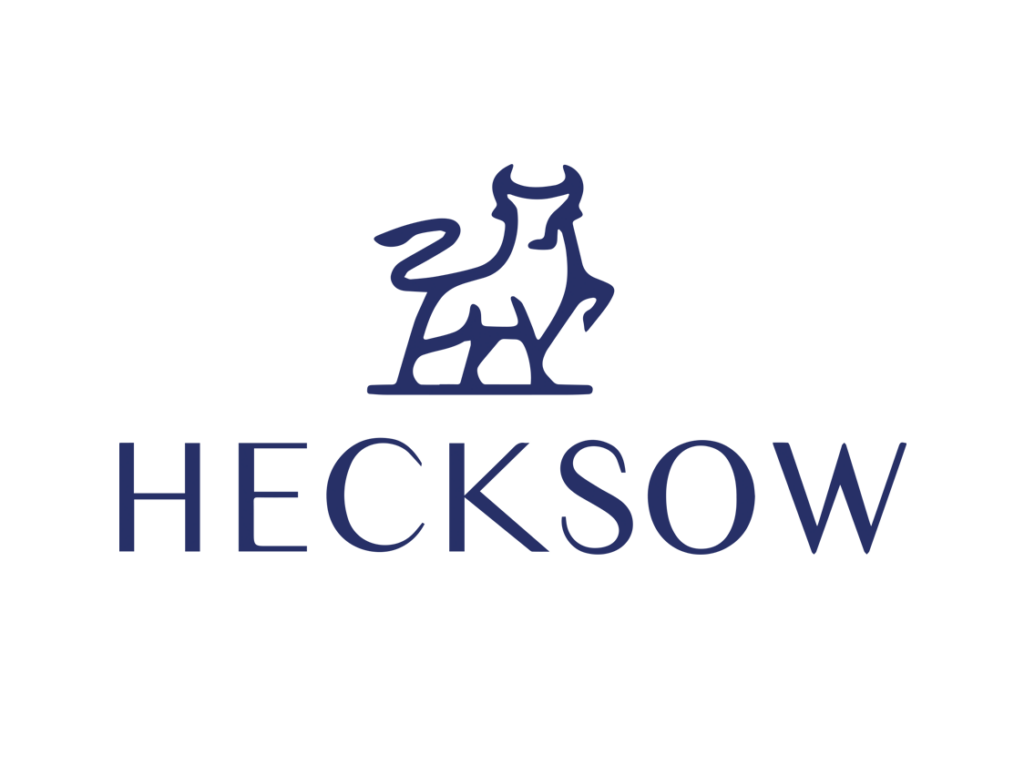In the rapidly evolving world of technology, blockchain has emerged as a revolutionary force, not just in the realm of digital currencies but also across various sectors, including real estate. This transformative technology is redefining the traditional mortgage landscape, making it more transparent, efficient, and accessible. In this blog, we explore how blockchain is poised to revolutionize the mortgage industry, breaking down barriers and setting new standards for property ownership.

1. Understanding Blockchain Technology: Blockchain is a decentralized digital ledger that records transactions across multiple computers. This technology ensures that records cannot be altered retroactively without the alteration of all subsequent blocks and the consensus of the network. This feature provides unprecedented security and transparency in record-keeping, which is critical in the mortgage industry.
2. The Current Mortgage Landscape: Traditionally, obtaining a mortgage involves numerous parties, extensive paperwork, and a significant amount of time. From credit checks and assessments to the final approval, the process is often cumbersome and opaque, making it difficult for borrowers to navigate. Furthermore, the centralized nature of financial institutions can lead to inefficiencies and disparities in service accessibility.
3. Blockchain’s Impact on Transparency: Blockchain introduces a level of transparency previously unattainable in the mortgage industry. Every transaction, from the initial application to the final disbursement of funds, can be recorded on a blockchain. This visibility allows all parties involved to track the progress of a mortgage application in real-time, ensuring all steps are transparent and discrepancies are easily noticeable.
4. Enhancing Security with Immutable Records: One of the paramount advantages of blockchain is its ability to secure sensitive data. In the mortgage process, personal and financial information is crucial and must be protected from breaches. Blockchain’s immutable ledger means once information is entered, it cannot be altered, providing a secure and trustworthy foundation for managing such data.
5. Decentralization: Removing Intermediaries: Blockchain technology allows for the decentralization of mortgages, removing the need for intermediaries such as banks and loan officers. This not only reduces the costs associated with obtaining a mortgage but also speeds up the process significantly. Smart contracts, self-executing contracts with the terms of the agreement directly written into code, automate many of the tasks traditionally performed manually, further enhancing efficiency.
6. Improved Accessibility and Inclusion: Blockchain can democratize access to mortgage financing by enabling alternative credit models. Traditional credit scoring relies heavily on historical financial data, which can exclude potential borrowers who lack extensive credit histories but are financially responsible. Blockchain platforms can use alternative data points for credit assessments, expanding access to mortgage products to a broader audience, including underserved communities.
7. Case Studies: Successful Blockchain Implementations: Several innovative companies are already implementing blockchain in the mortgage industry. For example, HECKSOW is leveraging blockchain to offer more streamlined and accessible mortgage solutions. By using smart contracts and decentralized governance through DAOs, HECKSOW provides a more inclusive, efficient, and user-friendly mortgage process.
8. The Future of Real Estate Transactions: The integration of blockchain into real estate transactions extends beyond just mortgages. It encompasses property deeds, title management, and even lease agreements. The future will likely see a fully integrated blockchain ecosystem within real estate, where every aspect of a property’s life cycle is managed on a blockchain, from initial construction to final sale.
9. Challenges and Considerations: While the potential for blockchain in the mortgage industry is immense, there are challenges to be addressed. Regulatory acceptance varies by region, and the technology itself must be robust enough to handle large volumes of transactions. Moreover, there needs to be a cultural shift among stakeholders to adopt this new way of handling mortgages.
10. Conclusion: Embracing a Blockchain-Powered Future: As blockchain technology continues to mature, its potential to transform the mortgage industry becomes more evident. By offering security, transparency, and efficiency, blockchain could well become the new standard in the real estate transaction process. For consumers, this means faster, cheaper, and more accessible pathways to homeownership, marking a significant leap forward in how we view property ownership in the digital age.
To learn more about how blockchain can simplify your mortgage process and to stay updated on the latest trends in real estate technology, subscribe to our newsletter and join the conversation with industry experts dedicated to making homeownership accessible for all.




